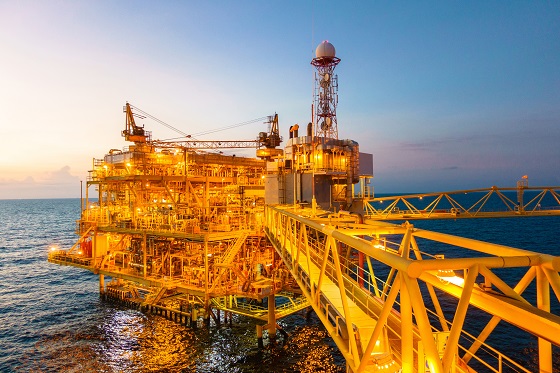Hello all,
Recently, we repaired a rupture in a water pipeline by replacing a pipe spool. Surprisingly, and after about 6 months we experienced a leak in the same trunkline and in the same replaced new portion.
Could anyone elaborate more on how new welded pipes corrode faster than the older ones? and how to mitigate such rapid corrosion?
Thanks and kind regards,
Recently, we repaired a rupture in a water pipeline by replacing a pipe spool. Surprisingly, and after about 6 months we experienced a leak in the same trunkline and in the same replaced new portion.
Could anyone elaborate more on how new welded pipes corrode faster than the older ones? and how to mitigate such rapid corrosion?
Thanks and kind regards,

